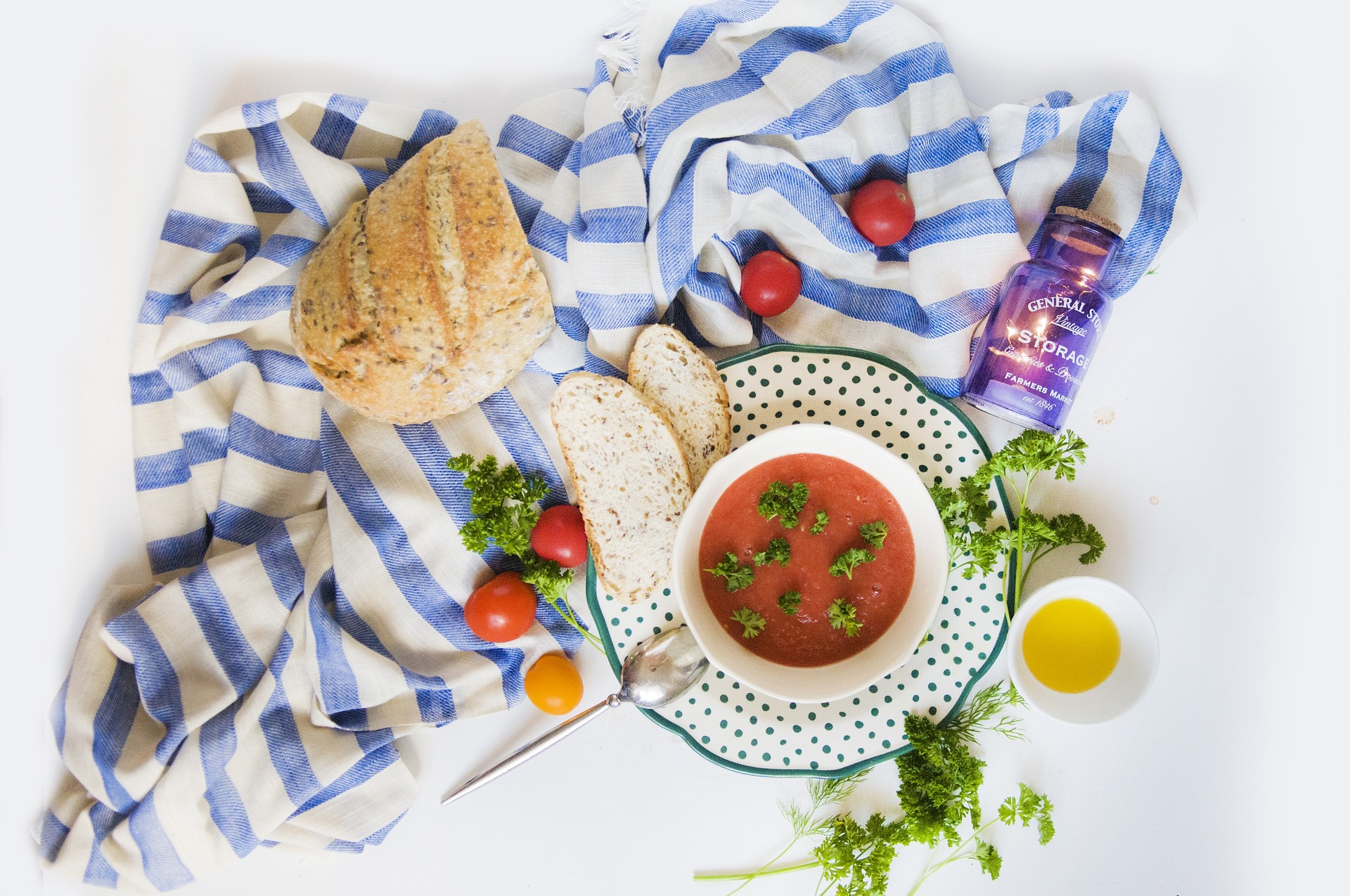Decoding The Art of Zero-Waste Cooking
Zero-waste cooking is more than a trend; it's a lifestyle choice that's gaining momentum worldwide. This eco-friendly approach to food preparation encourages maximum utilization of all parts of an ingredient, reducing food waste and promoting sustainability. Let's delve into this innovative culinary concept.

Understanding Zero-Waste Cooking
Zero-waste cooking is all about rethinking how we perceive and utilize food. The goal is to reduce waste by using every part of an ingredient, be it meat, vegetable, or grain. It requires creativity and a willingness to explore new tastes and textures. For instance, you might use vegetable peels to make a flavorful broth or turn stale bread into crispy croutons.
The Benefits of Zero-Waste Cooking
The advantages of zero-waste cooking are manifold. Besides helping the environment by minimizing waste, it also promotes healthier eating habits. By using all parts of an ingredient, you ensure that no valuable nutrients get lost. Moreover, it encourages conscious buying, which can reduce grocery bills significantly.
Techniques for Zero-Waste Cooking
Implementing zero-waste cooking in your kitchen is easier than you might think. Start by planning meals ahead to minimize food waste. Use leftover ingredients to create new dishes instead of throwing them away. Learn to properly store food to extend its shelf life. And, most importantly, get creative with every part of an ingredient.
-
Broccoli stems can be turned into a delicious slaw.
-
Citrus peels can be used to make homemade cleaners.
-
Stale bread can be transformed into bread pudding.
The Role of Zero-Waste Restaurants
The restaurant industry is also embracing the zero-waste trend. Several establishments worldwide have begun to adopt practices that minimize waste, from sourcing ingredients responsibly to reimagining menus. These restaurants often serve innovative dishes, proving that sustainability can go hand in hand with gastronomical delight.
Inspiring A Zero-Waste Movement
Every individual can contribute to the zero-waste movement. By making conscious decisions in our kitchens, we can make a significant impact on the environment. Zero-waste cooking is not only a culinary trend; it’s a lifestyle choice that promotes sustainability and respect for the environment.
Handy Insights and Know-hows
-
Use vegetable scraps to make nutritious broths and stocks.
-
Store herbs in a glass of water to keep them fresher for longer.
-
Compost food scraps like coffee grounds and eggshells.
-
Invest in reusable containers for storing leftovers.
In conclusion, zero-waste cooking is an exciting culinary concept that encourages us to see food in a different light. By utilizing every part of an ingredient, we can create delicious dishes, save money, and most importantly, contribute to a more sustainable world. So, are you ready to embark on this zero-waste culinary journey?





